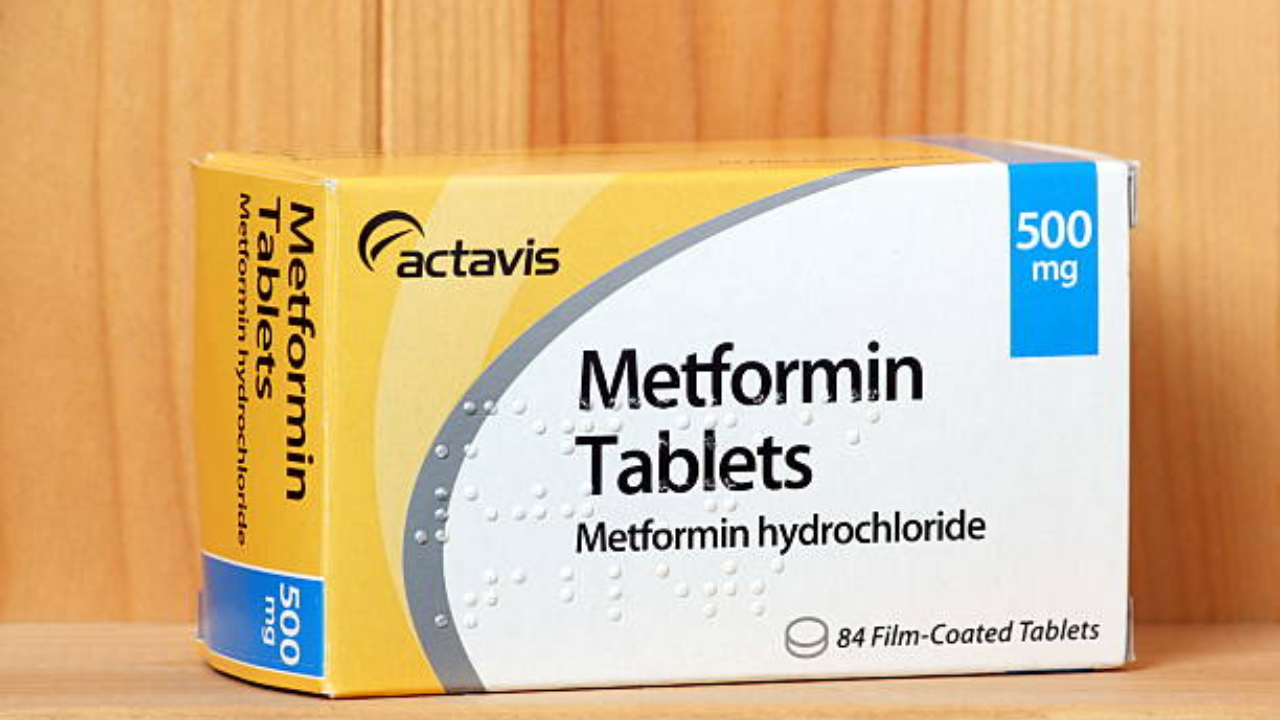-
news
-
Health
Taking metformin during pregnancy may affect fetal development, study says
A recent study led by researchers at Baylor College of Medicine, US, and published in the American Journal of Obstetrics and Gynecology, found that if metformin is taken during pregnancy it could potentially inhibit fetal development, including: Slow maturation of the kidneys is also involved. Read on to learn more about the study.

Taking metformin during pregnancy may affect fetal development.
Photo: iStock
A new study has revealed that metformin If taken during pregnancy it may possibly result in impaired fetal growth, including slowed kidney maturation. Metformin is a common antidiabetic drug. This medicine is known to help manage metabolic disorders by reducing blood sugar. The study was led by researchers at Baylor College of Medicine in the US and published in the American Journal of Obstetrics and Gynecology.
The drug is now given to pregnant women to reduce the risk of complications caused by diabetes-related conditions, including pre-diabetes and gestational diabetes, researchers said. However, concerns have been raised about the long-term effects of metformin on childhood development, even as the drug has been shown to be effective in managing blood sugar in pregnant women.
For this study, the researchers developed an experimental primate model. Within 30 days of conception, 13 female rhesus monkeys were given metformin at 10 mg per kilogram of body weight twice a day, which is equivalent to the dose prescribed for humans, the researchers said. The fetus and placenta were delivered by cesarean section on the 145th day of pregnancy of one monkey.
Researchers analyzed metformin levels and the results showed that the drug freely crossed the placenta and accumulated in the fetal kidneys, liver, intestines, placenta, amniotic fluid (in which the fetus is suspended) and urine, which The level was similar to that found. In mother’s urine.
This accumulation of metformin during pregnancy was found to be associated with limited growth of fat deposits supporting the kidneys, liver, skeletal muscles, heart and abdominal organs, all of which may contribute to reduced fetal body weight, the researchers said. Used to help.
“Our study demonstrates fetal bioaccumulation of metformin with associated fetal growth restriction and renal pathology following maternal initiation of the drug within 30 days of gestation in primates,” the authors wrote.
He said that although it is not known whether the anti-diabetes drug causes birth defects, the fetus also has no way to eliminate the drug. “Many drugs first undergo ‘first-pass’ metabolism by being absorbed in the liver, reducing concentrations before continuing,” said Jed Friedman, associate vice provost for diabetes programs at the University of Oklahoma Health Sciences and study co-author. ” through the body. However, metformin does not experience a first-pass effect; Rather, it is transported across the placenta, exposing the fetus to an adult dose of the drug.”
The results showed that metformin levels did not differ according to diet. Although this is a small study, researchers are calling for more studies to better understand the effects of metformin on the fetus, Friedman said.
(With inputs from PTI)
Get the latest news live on Times Now with breaking news and top headlines from around the world.


